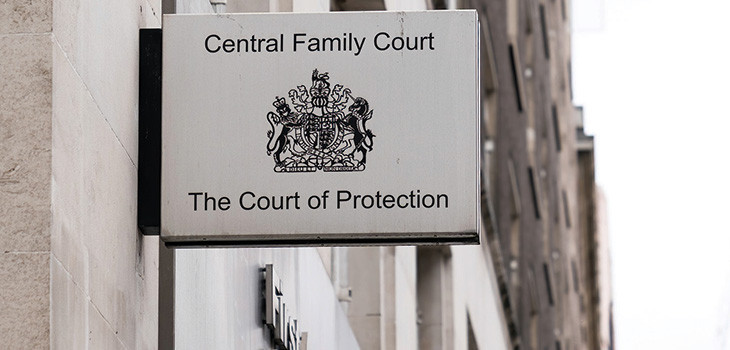
- Comity is part of the common law’s object to retain certainty in operation of the law and to retain the fairness of such a system.
This series of two articles is written, in particular, in the light of recent judgments on anonymisation in family proceedings. In Tsvetkov v Khayrova [2023] EWFC 130, [2023] All ER (D) 61 (Aug) Peel J refused anonymisation with the comment that: ‘[111] I am conscious that in making some comments on [anonymity] I am treading on ground which is not entirely solid, as a result of a number of judgments—of Mostyn J which have cast doubt upon the long established practice pursuant to which the starting point (and usually the end point) has been that financial remedy proceedings are not reportable, save with permission of the court.’ Judgments are mostly anonymised, he said.
With respect to Peel J, it should









